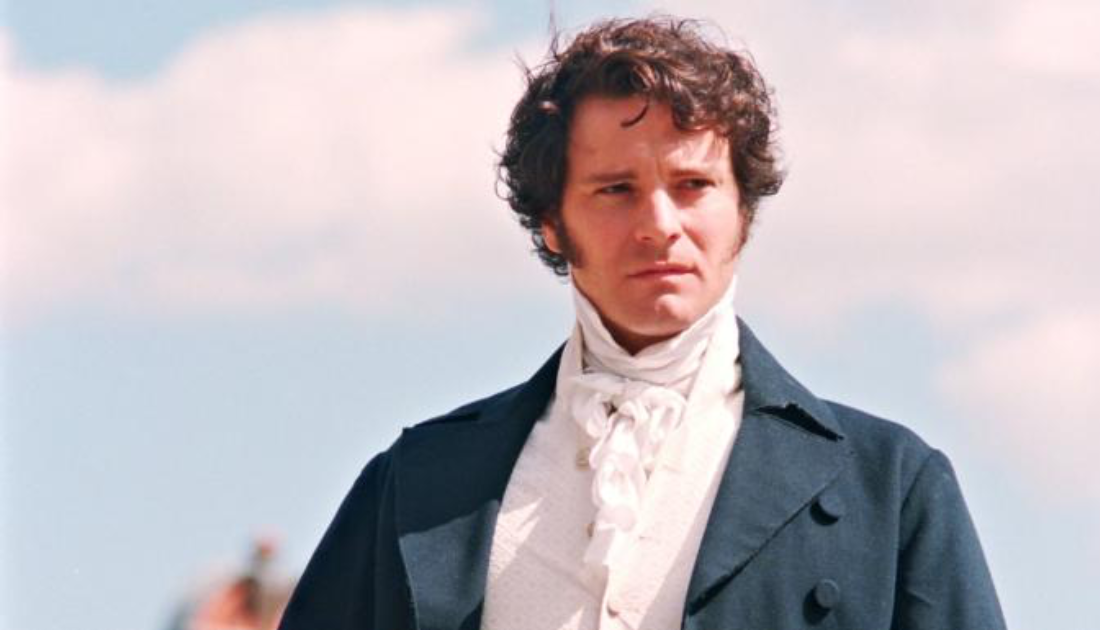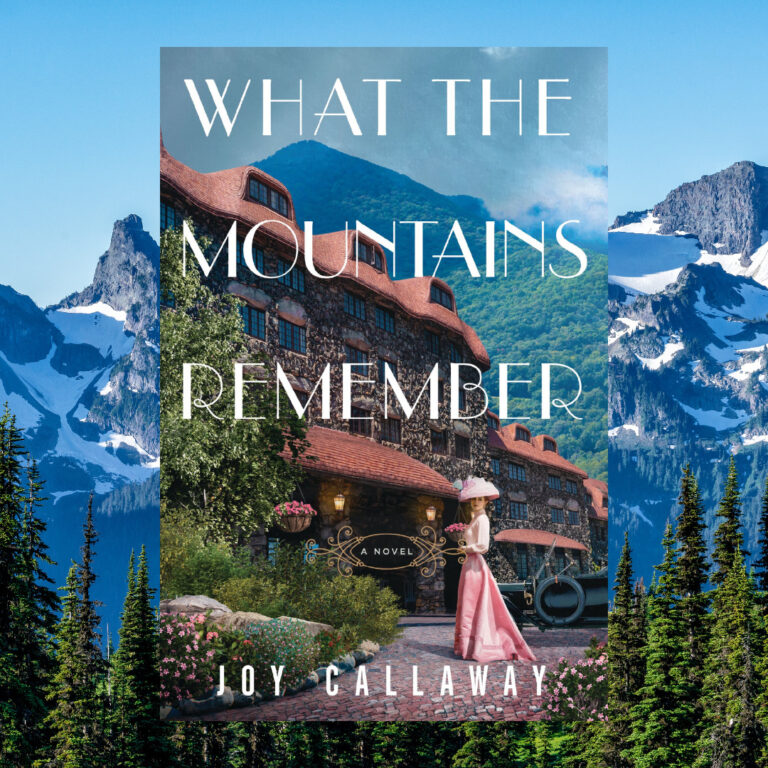Kate Clayborn here.
In the first chapter of Sarah MacLean’s 2018 Wicked and the Wallflower, readers are introduced to Devil, who stands in the black of night outside of Marwick House, plotting revenge. In these first few pages, we get a glimpse of what makes Devil so compelling as a romantic lead—he is thoughtful, watchful, patient. Passionate about the revenge he seeks, which means we can be certain he’ll be passionate when he meets his love match only a few pages later.
But Devil does not come to Marwick House alone, and when a figure appears by his side, “silent and deadly as a military reinforcement,” Devil greets him with a quiet, “Just on time.”
The reply?
A grunt.
Frolicers, I fell in love right then and there.
Because I, always and forever, love a grunting hero.
I’ve got to wait a bit longer to see Whit—that silent and deadly figure who turns out to be Devil’s brother—to show up on my Kindle (Brazen and the Beast comes out in 2019), but the good news is, there’s no shortage of grunting heroes in my library right now. I couldn’t begin to do a calculation of all the times I see this one-syllable gem—very nearly an onomatopoeia—in romances I’ve loved (I’m telling you, there’s a dissertation waiting to be written here), but for illustration purposes, let’s take a quick word-search through a recently-read contemporary on my Kindle. Tessa Bailey’s 2018 Runaway Girl features thirteen grunts spread out over its twenty-nine chapters, and while a good deal of these are absolutely sex-related (Bailey writes a hot sex scene), several of them are also more like the kind of grunt I describe from Wicked and the Wallflower. In chapter two of Bailey’s book, when our heroine Naomi cheerfully introduces herself to the hero, Jason, the ubiquitous sound is “the only answer [she’s] going to get.” Next chapter? Jason offers up another grunt when Naomi teases him about his attitude. Two chapters later, when Jason gets a pang of jealousy over a brochure Naomi’s perusing full of attractive men, he says “Let me see it,” but not before—you guessed it—“A grunt escaped [his] chest.”
Grunting galore!
I’m fond enough of this word that I’ve thought a good deal about its prevalence and its power in romance. The fact is, the grunt does a lot of work in romance novels; it’s a meaningful shorthand for a lot of things. Sometimes, a hero grunts because he’s generally got a grouchy, taciturn personality, and this is a quick way of showing it. Sometimes he’s jealous. Sometimes the grunt is a mode of communication that hides a wound—a response designed to close a painful point of discussion. Other times (this is a personal favorite), the grunt is really a defensive reflex of shyness, the only noise a hero can bring himself to make in a social situation where he feels overwhelmed. Also, of course, it’s a pretty reliable communicator of sexual desire and pleasure (I’ll spare you my thoughts about this iteration of the grunt: but I do have them!).
That’s quite a burden for one little sound. The interesting thing is, I think that may actually be the point of the grunt—as a noise, it must bear the weight of all different types of communication the hero struggles to execute successfully. For me, as a reader, that means there’s usually another, more meaningful shorthand happening with my grunting heroes: they are performing a certain type of cis-gendered masculinity, a masculinity that suggests certain kinds of communication are off-limits or somehow threatening to men. And I’m along for the ride, in part, because I expect—and want—to see that performance break down at some point on the journey to happily-ever-after.
In real life, a man who grunts in your face constantly when you’re trying to introduce yourself or show him a brochure about something you’re interested in or, god forbid, ask him about his feelings, is probably going to seem noticeably (and maybe disturbingly?) unusual. The truth is, in the day-to-day, there are all kinds of more subtle, more insidious ways men in patriarchal cultures are taught not to be open and honest about their feelings—we need only remember how many times we’ve heard that a young boy’s teasing or bullying of another child means that he, in fact, “likes” his target. There’s evidence everywhere that we cling to ideas like these—that when it comes to emotions, men not only can’t communicate beyond monosyllables, but that they shouldn’t have to, that men are somehow more mysterious, more attractive, more manly if they are stoic and gruff, that men have to be helped along to process of acknowledging their deepest feelings.
What all this means for me, personally, is that when I settle in to a romance with a certain type of uncommunicative hero (miss me on a hero that in any way bullies or humiliates the heroine), I’m often reading his frequent grunts—especially the non-sex-related ones—as a beast of this burden.
Just as in real life, that burden isn’t only carried by the characters who are wearing this well-rehearsed mask of masculinity. In romances featuring M/F pairings, in particular, it’s no surprise that the heroine is often bearing all the weight of having an uncommunicative partner. We may (though not always) see her stuck doing a lot of exhausting emotional labor: laying her own feelings bare while trying to decode his, probing and speculating on even the smallest signals or offerings he might give her. Soon enough and she may be trying to read a whole world of emotion from—what a surprise—a single, well-timed grunt.
But if reality doesn’t always give us a solution to these complicated barriers to communication (patriarchy: let’s put it in rice), the pages of our romances often do, and over time, I’ve come to realize that the primary pleasure for me in reading about a grunting hero is coming upon the moment he stops grunting. In many romances, this happens over time. In Runaway Girl, after chapter ten, the only time readers are going to get a grunting Jason is during physical—uh—interludes with the heroine, and that ends up being a meaningful absence, corresponding with Jason realizing some of his deeper feelings for Naomi (and some of the deeper problems he’s been carrying since his military service). The grunt does less work, and Jason—coming to understand himself in a new way—does more.
In other books, the grunting hero’s transformation will be more explosive, and as a reader I’m a sucker for those high-drama moments, too—what’s the turning point that makes the hero talk, or scream, or cry? What’s the thing that makes him realize that he’s got to break from the monosyllables that keep him contained, that prevent him from maintaining connection, intimacy, love? Grunting heroes often give good grovel, as it turns out, and they can give powerful, memorable declarations, too. In these cases, the grunt has done the work of making these moments shine, a spotlight on the hero’s transformation.
All this might press us to ask difficult questions about whether the romantic partner of a grunting hero is getting short shrift in having to wait it out, about whether we’re celebrating a narrative where a man’s communication is some kind of long-awaited reward for a heck of a lot of unnecessary suffering. I’ve asked myself these questions, and wondered how it correlates to my own personal strengths and weaknesses, and my own culturally-inscribed notions of what is traditionally masculine. Why should I, after all, feel like fanning my face just because Whit shows up to make a noncommittal noise to his brother at a critical moment? Shouldn’t I always want my heroes to do—to say more, right from the start?
Maybe so, especially since the world would be a better place if we all knew how to communicate clearly, effectively, compassionately, and if we all held each other to this standard. But in many of our most complicated relationships, this can feel like the work of a lifetime, with progress and setbacks all along the way—and so I think there remains a unique pleasure for me in watching a character undergo this journey over the course of a few hours of reading.
Like the grunt, the romance novel itself is doing some work for me—it’s letting me exist, for a time, in a world where a certain version of stoic, uncommunicative masculinity is going to meet its ultimate match. That it meets this match, almost always, in service of the partner the grunting hero loves?
Well.
Readers, imagine me—grunting in happy assent.












